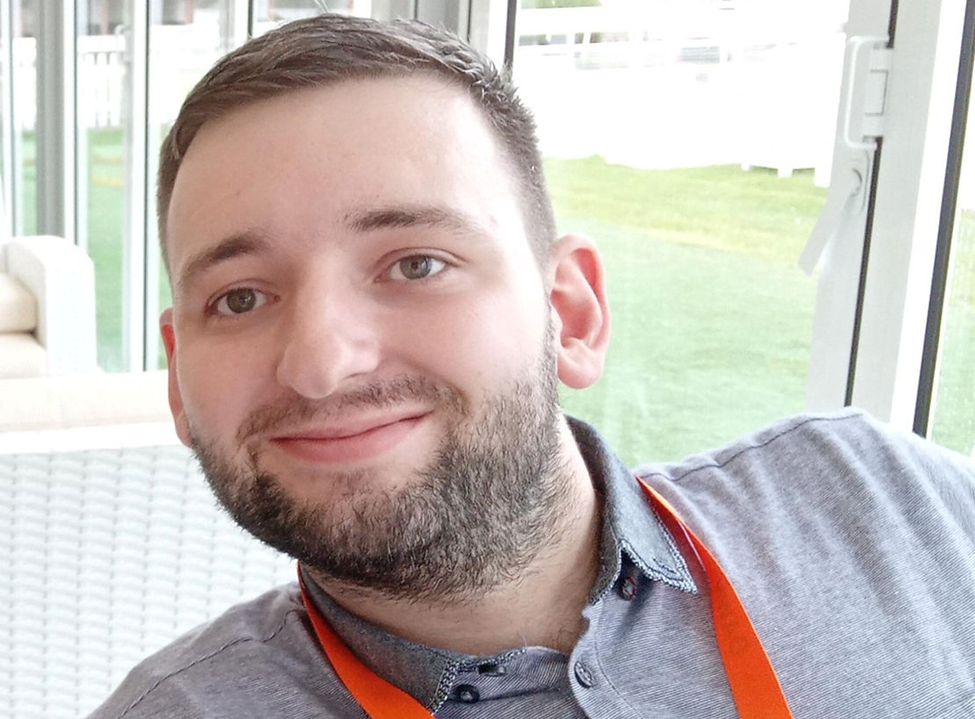Design the Change: How UK Students Are Innovating for Spinal Cord Injury Solutions By: Michelle Zeman
Did you know that for the 4th year, law firm Bolt Burdon Kemp announced that entries are being accepted for the Design the Change competition? It’s true! The firm invites UK students to design a product that helps make the lives of people with spinal cord injuries easier. The winner will receive £5,000, and the runner-up will receive £2,500. Last year’s Design the Change competition winners included Tom Baker, who created a state-of-the-art wheelchair buggy to help parents with spinal cord injuries safely and efficiently transport their children. I love that this is a competition. I genuinely appreciate the work that Bolt Burdon Kemp is doing to promote innovation and inclusivity. By encouraging young minds to think creatively about solutions for those with spinal cord injuries, they’re making a real difference in people’s lives and showing how important accessibility is in design. This type of initiative raises awareness and inspires a future generation of e...


